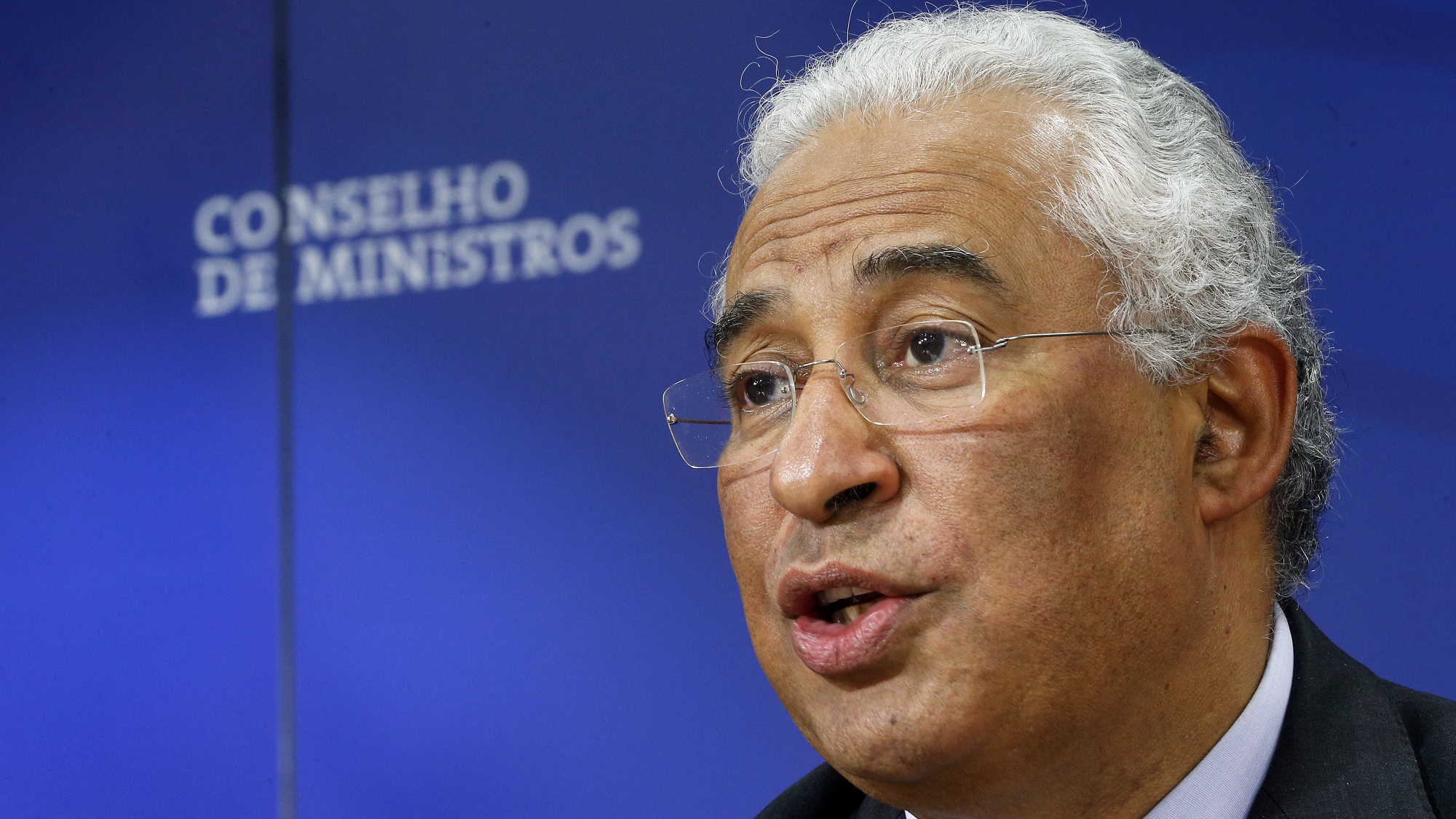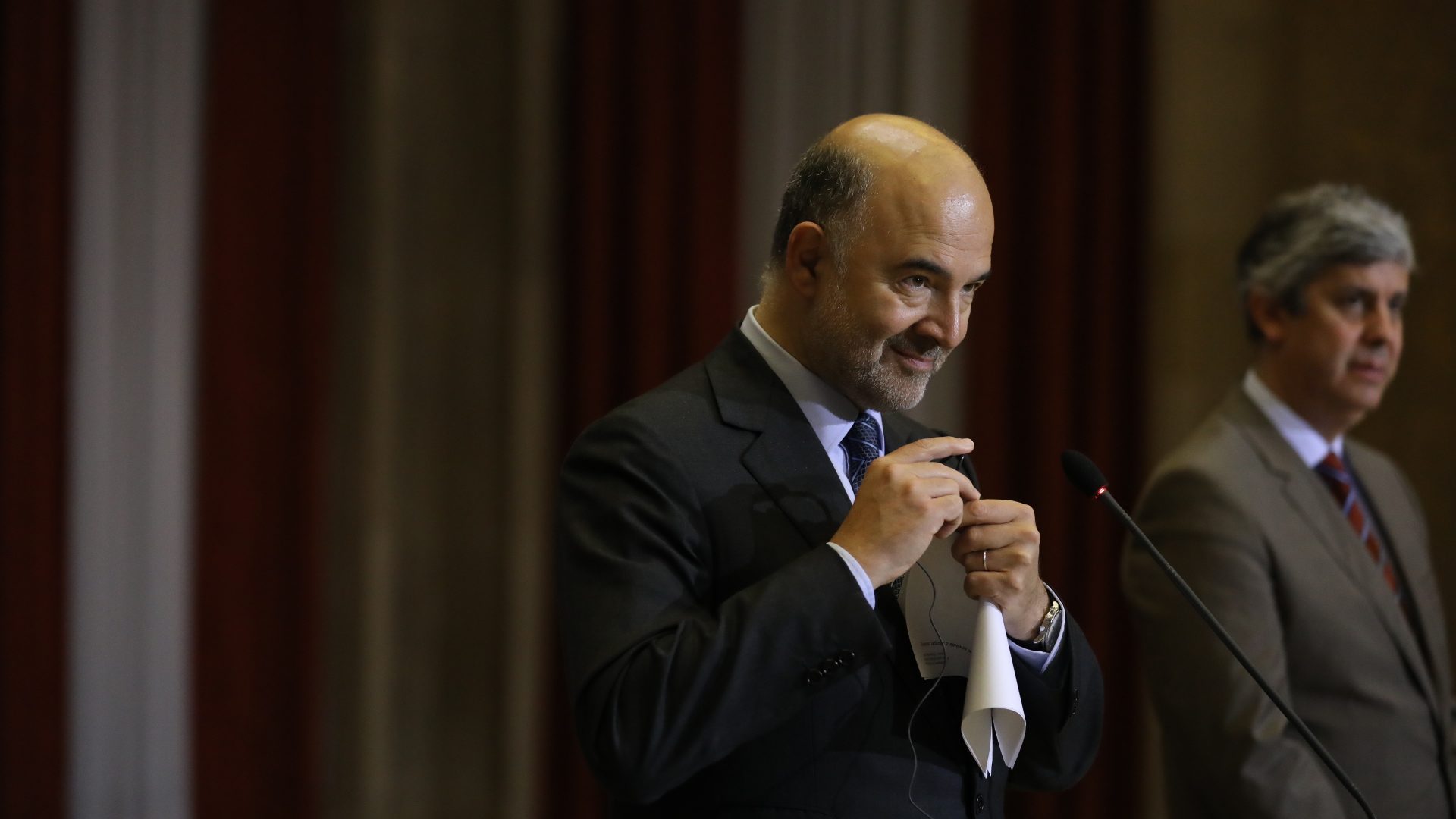Olivier Blanchard: “Offloading of NPLs is positive for growth”
Olivier Blanchard, in an interview to ECO, stated Portugal must accept it will live with a high debt for a long time. In addition, Blanchard mentions that the disposal of existing NPLs is a priority.

Last week, Olivier Blanchard was in Lisbon presenting the study he made with Pedro Portugal, in which Portuguese growth policies were analysed. In his interview to ECO, he spoke about the priorities for Portugal’s economic policy, as well as public debt and troika.
Economic policy: two priorities
Portuguese economy had a 2.8% growth in the first quarter of 2017 and, because of it, Blanchard considers “the recovery is real and will continue; however, when a recovery stems from weak growth and there public debt is high, the danger is that, at any given moment, investors will get frightened“. Therefore, the economist advocates for two priorities for Portugal: first, to solve the issue of non-performing loans (NPLs); secondly, to move forward with labor market reforms.
As for the issue of NPLs in banking, Blanchard believes it is up to the banks to solve that issue, even if it requires more capital and it means public debt will increase: “the biggest concern should be the evolution of debt-to-GDP”. In addition, he states that clearing the bank’s balance will always be good, even if those banks repeat their past mistakes: “there is no magic solution to solve the issue forever”.
"If money from the State is required, such public investment for the disposal of existing NPLs will have positive effects on growth. The offloading of NPL will allow solvent companies to finance themselves and that is good for Portugal’s growth.”
As for labor market reforms, Blanchard believes Portugal does not need to cutback on salaries or make it easier to dismiss employees. On the contrary, the country needs to implement a ‘flexicurity’ policy which will reduce the current disparity between those who have their jobs more secured (usually older employees) than other, namely young people. Blanchard acknowledges that although it is not politically easy, his dream is to consecrate the single contract, an arrangement also advocated by Mário Centeno, Portuguese Finance minister.
Troika and mistakes in banking
Olivier Blanchard believes it is clear that if troika‘s loan would have been higher, the adjustment programme would have been more successful and less painful to the Portuguese.
"A long time passed before the acknowledgement of issues with banks.”
He also identifies some mistakes in the Portuguese banking: he considers it took too long to recognize what was the issue with the Portuguese banking system, and then it took too long to take action.
“No one will reduce public debt”
Blanchard believes public debt is, and it must be, sustainable, “in the sense that Portugal is able to repay it”. He also states: “It would be better if public debt were 60% of GDP than 130%, but we need to be realistic”. Blanchard does not believe in a debt restructuring: he says the German are not very opened to that, nor will they be after the elections.
Therefore, Portugal will continue having a 130% to GDP public debt. Blanchard considers public debt to be the greatest risk for the country, because any incident could generate mistrust from investors.




